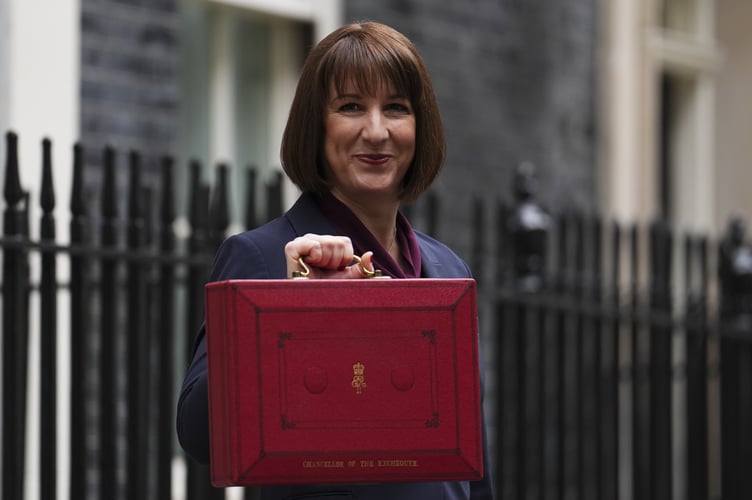One in seven people in the Forest of Dean were economically inactive last year, official figures show, as the Chancellor promised to "protect working people".
The UK's first female Chancellor said she would raise taxes and increase borrowing, as she vowed to "invest, invest, invest" to "rebuild Britain".
The latest figures from the Office for National Statistics show 15% of 16 to 64-year olds in the Forest of Dean were considered economically inactive in 2023, down from 26% a year earlier, and 21% 10 years ago.
Across the UK, 21% of working-age adults were economically inactive last year.
An economically inactive person is someone not currently in employment and not actively seeking work.
The Chancellor said taxes paid by working people will not increase in this Budget. "I say to working people: I will not increase your national insurance, your VAT, or your income tax," Ms Reeves said.
However, she did confirm plans to raise national insurance contributions for employers, a move critics warned would have a knock-on impact on hiring, wages and staff benefits.
Brian Byrnes, the head of personal finance at Moneybox, said: "With employers shouldering more of the national insurance burden, the worry is they could simply pass these costs on to their employees.
"With a higher cost per head, we could also see some employers choosing to reduce other benefits such as wage increases or even pension contribution matching."
The Chancellor also confirmed an above-inflation increase to the minimum wage of 6.7%.
It will rise to £12.21 an hour next year, in what she described as a "significant step" towards delivering on Labour’s manifesto promise to introduce a "genuine living wage for working people".
The increase, recommended by the Low Pay Commission, will mean an extra £1,400 a year for a full-time worker earning the main minimum wage rate, known as the national living wage, from April 2025.




